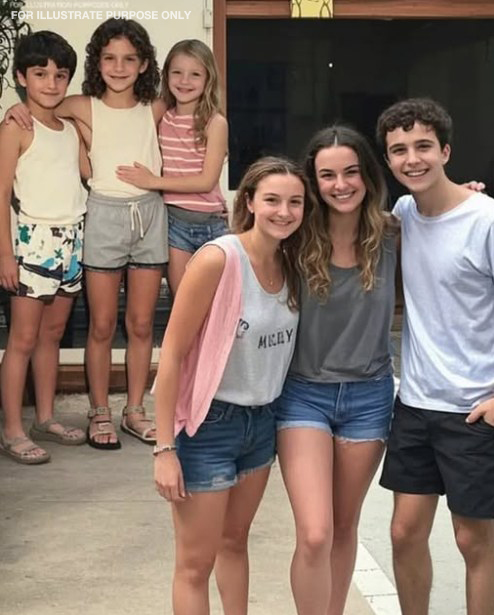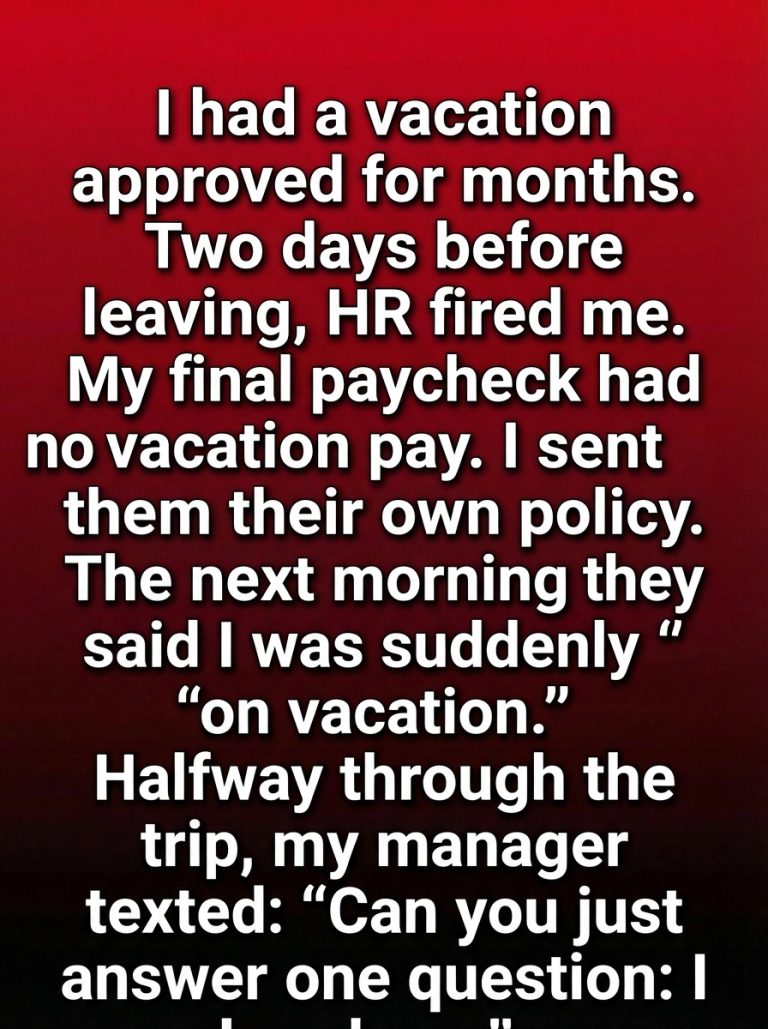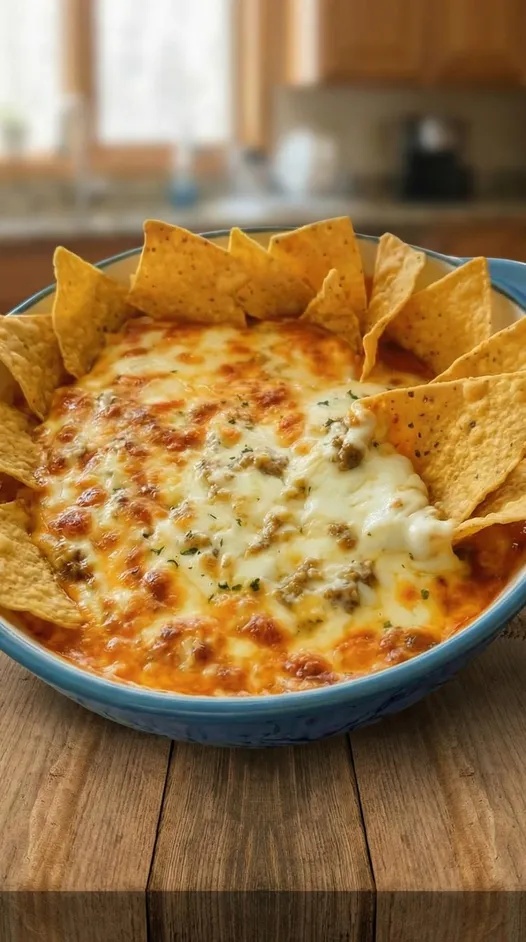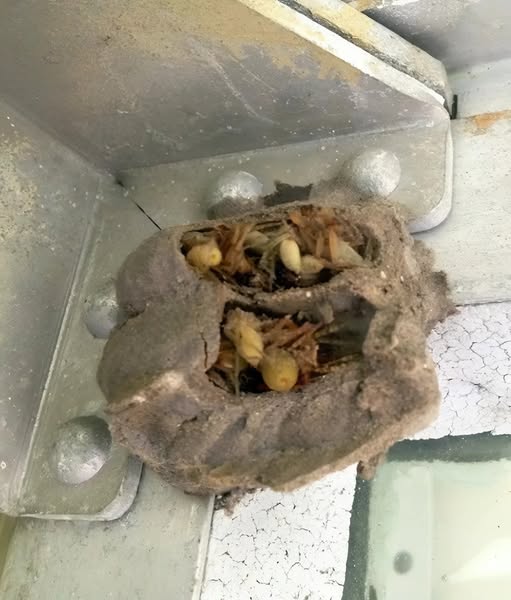
The night our parents died, we lost more than just a family — we lost everything.
But in the darkest moments, my siblings and I made a promise. A promise that would take us years of sacrifice, pain, and unwavering determination to fulfill.
When I was five years old, my world shattered in a single night. One moment, I had a home, a family, and the warmth of my parents’ laughter filling our small café. The next day, I had nothing.
The accident took them both. No goodbyes. No last words. Just a knock on the door and strangers telling us we were orphans.
I didn’t understand what was happening. My sister, Emma, who was seven, clung to me, her tiny hands trembling. My brother, Liam, only nine, stood still, his face pale and unreadable.
When they took us to the orphanage, I kept asking, When are Mom and Dad coming back? No one answered me.
The café was gone within weeks. Our house? Sold. Every trace of our parents was wiped away to cover debts we never knew existed.
“We’re all we have now,” Liam whispered one night, his voice barely audible over the sounds of the other children in the orphanage. “I’ll take care of you. I promise.”
And he did.
He ate less so Emma and I could have more. He saved up the tiny allowances we got from kind caretakers and bought us sweets and fruit, even though he never ate any himself.
When bullies tried to pick on me, Liam was there. When Emma cried herself to sleep, he held her.
One evening, after a particularly rough day, Liam sat us down in our small, shared room. His face was set, his eyes dark with determination.
“We’re going to get the café back one day,” he said. “For Mom. For Dad. For us.”
I didn’t know how. I didn’t know when.
But I believed him.
The day Emma left the orphanage, it felt like losing Mom and Dad all over again. I remember clinging to her, my small fingers digging into her sweater as the social worker stood by the door.
“No,” I whispered, my voice shaking. “You can’t go.”
Emma’s eyes were red, but she forced a smile. “It’s okay,” she said, cupping my face. “I’ll visit, I promise. Every week. I’ll bring you something sweet.”
I didn’t care about sweets. I wanted her.
Liam stood beside me, fists clenched. He didn’t cry. He never did. But I saw the way his jaw tightened, how his shoulders stiffened as she turned and walked out of that room.
That night, the bed she used to sleep in felt unbearably empty.
For weeks after Emma left, I watched the door like a dog waiting for its owner to return.
At first, she came every Sunday, just like she promised. Always with something sweet — a muffin, a chocolate bar, once even a little cupcake with a candle in it for my birthday. She’d sit on the edge of my bed and tell me about her new foster home. How the woman she lived with baked bread every morning and let her pick wildflowers in the garden.
But over time, the visits grew less frequent.
First it was every other week.
Then once a month.
Then… nothing.
I’d ask the caretakers if they knew where she was, but they’d just shake their heads. Liam stopped mentioning her name altogether. I could tell it hurt him to even think about it.
He threw himself into school, into chores, into protecting me from the world outside our little shared room. The older he got, the harder he worked — mowing lawns on weekends, helping out at a mechanic’s shop after school. Every cent he made went into a small tin box he kept under his bed.
I once peeked inside. Taped to the inside of the lid was a photo of our parents, standing outside the café with flour on their aprons and sunlight in their smiles.
He caught me looking and didn’t even scold me. He just said, “One day, we’ll open the doors again. You’ll see.”
By the time I was twelve, Liam was sixteen and old enough to leave the orphanage. Most kids our age aged out of the system into whatever foster home or shelter would take them.
But Liam wouldn’t go without me.
He applied for emancipation — convinced a judge that he could take care of us both. That he had a job, a plan, a future. He wore a borrowed suit to court and spoke like someone twice his age. I sat in the back, holding my breath the whole time.
And when the judge finally said yes, Liam didn’t smile. He just exhaled, like he’d been holding in the weight of the world for years and had finally been given permission to let a piece of it go.
We moved into a tiny one-bedroom apartment above a laundromat. The ceiling leaked, and the floor creaked with every step, but it was ours.
He let me have the bed, said the couch was more comfortable anyway. I knew it wasn’t.
We survived on instant noodles, cheap cereal, and whatever Liam brought home from his night shifts at the diner. He never complained. Not once.
Then, one afternoon, he came home with a look on his face I hadn’t seen in years — hope.
“They’re selling the old café lot,” he said. “It’s run down. No one’s touched it in years. But they’re selling it cheap. Really cheap.”
My heart thudded.
“Do we have enough?”
He smiled. “Almost. I just need a little more time.”
We spent the next two years scraping together every dollar we could. I took up babysitting and cleaned houses after school. Liam worked two jobs. We hardly saw each other, except for Sunday breakfasts — the one tradition we never gave up.
And then, one rainy afternoon when I was fifteen, he came home soaking wet, holding a stack of papers in his hand.
“We did it,” he said, voice trembling. “The café… it’s ours again.”
I cried. He laughed. And for the first time in ten years, I felt like we were home.



